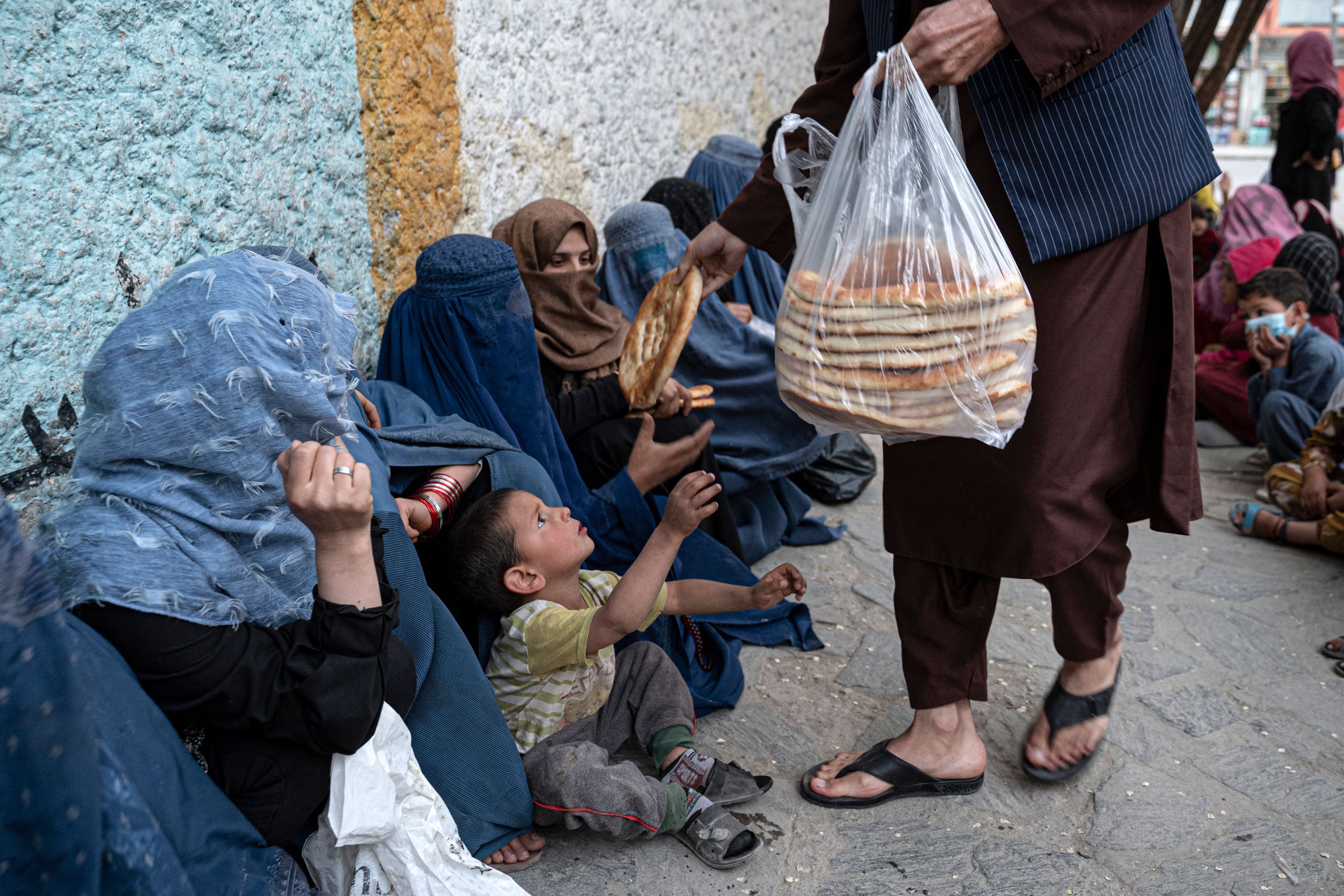UN official says looking to recognise Taliban government as ‘heartbreaking’ exit looms
UN could leave Afghanistan by May if the Taliban does not permit its staff to work in the country

Your support helps us to tell the story
From reproductive rights to climate change to Big Tech, The Independent is on the ground when the story is developing. Whether it's investigating the financials of Elon Musk's pro-Trump PAC or producing our latest documentary, 'The A Word', which shines a light on the American women fighting for reproductive rights, we know how important it is to parse out the facts from the messaging.
At such a critical moment in US history, we need reporters on the ground. Your donation allows us to keep sending journalists to speak to both sides of the story.
The Independent is trusted by Americans across the entire political spectrum. And unlike many other quality news outlets, we choose not to lock Americans out of our reporting and analysis with paywalls. We believe quality journalism should be available to everyone, paid for by those who can afford it.
Your support makes all the difference.The UN is looking to sit down with the Taliban in “baby steps” to officially recognise Afghanistan’s caretaker regime and utilise the militant group’s need for recognition as “leverage”, said a top official from the intergovernmental agency.
The move comes at a time the UN is grappling with the Taliban’s efforts to restrict its operations by passing orders that have forced its staff to stop work in the country amid crippling poverty and diminishing human rights.
The UN could pack its bags and exit from Afghanistan by May if the Taliban persists.
“What we are hoping is that we’ll gather them now in another two weeks in the region, and they will have that first meeting of envoys across the board – the region and internationally – with the secretary-general for the first time," said Amina Mohammed, the region’s UN deputy secretary-general.
The highest-ranking woman leader at the UN was addressing a public gathering at the Princeton School of Public and International Affairs on Monday.
She added that a table discussion with the Taliban will see diplomats for Afghanistan from across the world.
“And out of that, we hope that we’ll find those baby steps to put us back on the pathway to recognition [of the Taliban], a principled recognition,” Ms Mohammed said.
Asking if it is possible, she said she doesn’t know.
“[But] that discussion has to happen. The Taliban clearly want recognition, and that’s the leverage we have,” the UN deputy secretary general said.
The UN’s Development Programme (UNDP) administrator Achim Steiner said the agency is negotiating with Taliban officials to tweak an edict that has barred local women from working with the UN.
“I think there is no other way of putting it [other] than heartbreaking,” he said.
“I mean, if I were to imagine the UN family not being in Afghanistan today, I have before me these images of millions of young girls, young boys, fathers, mothers, who essentially will not have enough to eat,” the UNDP head told the Associated Press.
A total of 3,300 Afghans employed by the UN – 2,700 men and 600 women – have been asked to stay home since 12 April in a diktat by the Taliban, impeding serious human rights work for millions in the country.
“It is fair to say that where we are right now is the entire United Nations system having to take a step back and reevaluating its ability to operate there,” Mr Steiner said.
“But it’s not about negotiating fundamental principles, human rights.”
A report by the UN shows Afghanistan needs more women working amid its flailing economy.
The number of Afghans living in poverty nearly doubled to 34 million after the Taliban takeover, the UN said.
Some of Afghanistan’s economic problems are because of the Taliban’s policies of keeping most women out of the workplace, Mr Steiner said.
While these economic problems confirm a rise in the need for more aid, the UN has to decide that human rights are non-negotiable, the official said. If the Taliban does not relent, the UN will reduce its presence in May, Mr Steiner said.
The Taliban’s rule over Afghanistan is not recognised as legitimate by any country and the country’s seat the UN is still in the name of the former government of Western-backed president Ashraf Ghani.





Join our commenting forum
Join thought-provoking conversations, follow other Independent readers and see their replies
Comments